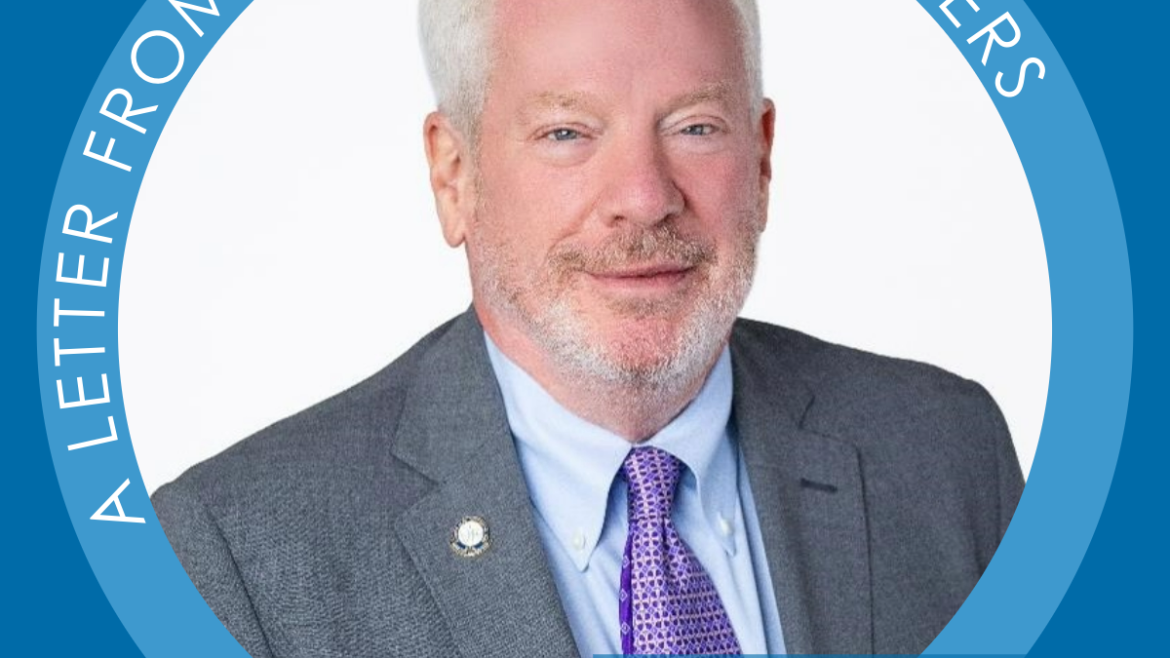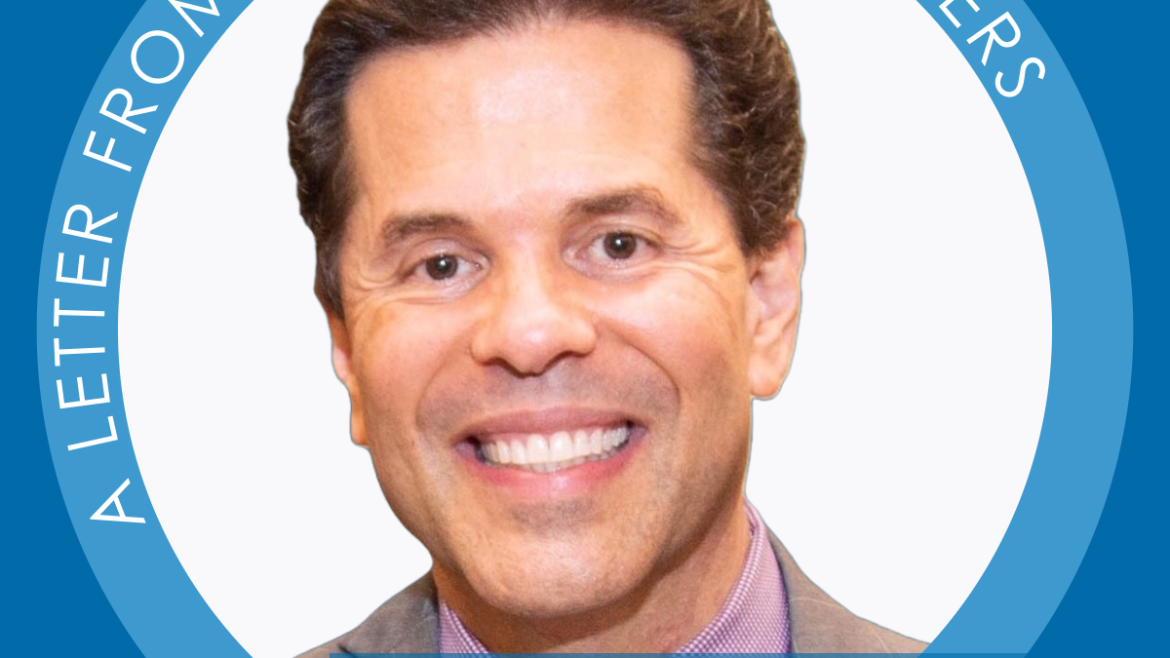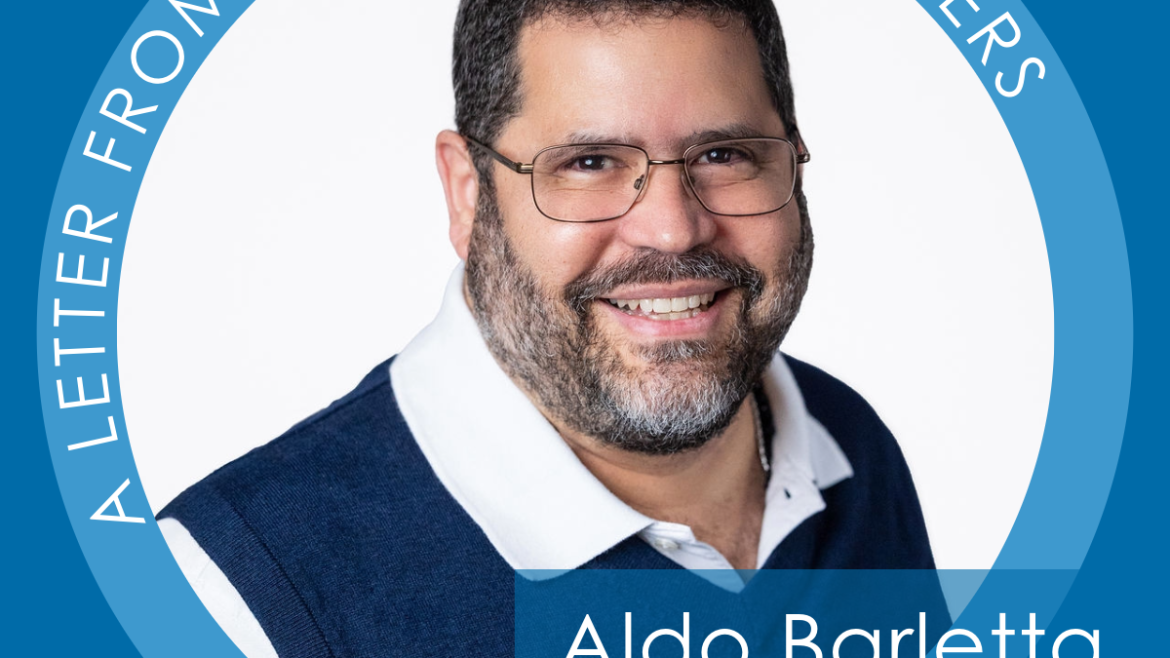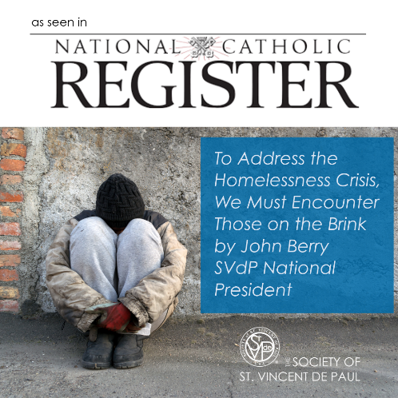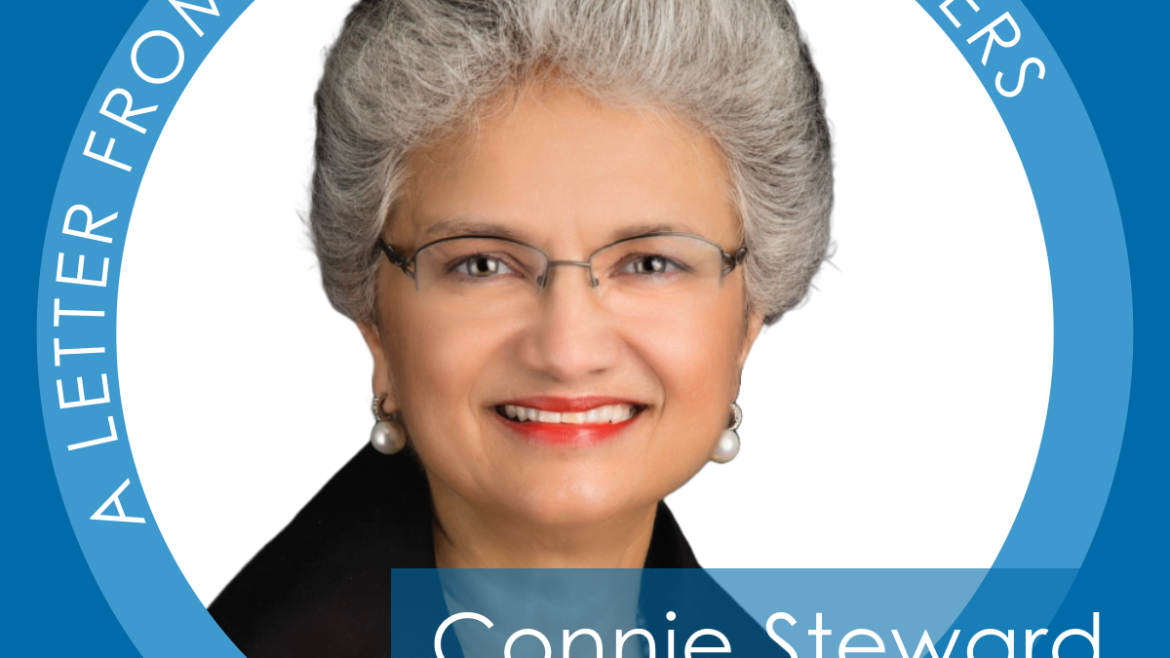Today, the world seems to be constantly shifting beneath our feet. The political turmoil surrounding the 2024 presidential election, the ongoing wars and conflicts in the Middle East and Ukraine, the destruction wrought by Mother Nature by hurricanes and fires, and the relentless barrage of distressing news can leave us feeling overwhelmed and uncertain. In these challenging times, it is our faith that serves as an anchor, grounding us and providing the strength we need to navigate through the stormy seas of life.
The Bible tells us in Philippians 4:6-7, “Do not be anxious about anything, but in every situation, by prayer and petition, with thanksgiving, present your requests to God. And the peace of God, which transcends all understanding, will guard your hearts and your minds in Christ Jesus.” This passage reminds us that in the midst of chaos, we are called to turn to God in prayer, to lay our burdens at His feet, and to trust in His divine plan. It is through this act of faith that we can find peace, even when the world around us is in turmoil.
Faith is not just a passive belief; it is an active trust in God’s goodness and sovereignty. It is the assurance that, no matter how dire the circumstances, God is with us, guiding us, and working all things for our good. This assurance allows us to face the uncertainties of life with courage and hope. It is this faith that empowers us to rise above our fears and to be a light in the darkness for others.
One of the most profound ways we can live out our faith is through service to others. The Society of St. Vincent de Paul is a shining example of how acts of service can transform lives and bring hope to those in need. Our organization, inspired by the life and works of St. Vincent de Paul, is dedicated to serving the poor and marginalized, providing not only material assistance but also compassion and love. We know that when we serve others, we are serving Christ Himself. This service not only meets the physical needs of those we help, but also affirms their dignity and worth as children of God.
Service to others has a remarkable way of shifting our focus from our own worries and anxieties to the needs of those around us. It reminds us that we are part of a larger community, interconnected and interdependent. When we reach out to help someone else, we are reminded of the power of human connection and the importance of solidarity. This sense of community can be a source of great comfort and strength, especially in times of stress and uncertainty.
Moreover, serving others can be a powerful antidote to the feelings of helplessness and despair that often accompany difficult times. When we take action to make a positive difference in someone else’s life, we are reminded that we have the power to create change, no matter how small. This can be incredibly empowering and can help to alleviate the stress and anxiety that come from feeling powerless in the face of global events.
The work of the Society of St. Vincent de Paul and similar organizations is a testament to the transformative power of service. By providing food, clothing, shelter, and support to those in need, we are not only meeting immediate needs but also offering hope and encouragement. We are living out the Gospel message of love and compassion, and in doing so, we are helping to build a more just and compassionate world.
As we navigate these challenging times, let us remember the words of Jesus in John 16:33, “I have told you these things, so that in me you may have peace. In this world, you will have trouble. But take heart! I have overcome the world.” Our faith in Christ gives us the strength to face the troubles of this world with confidence and hope. It reminds us that, no matter how dark the night, the dawn will come, and God’s light will shine through.
Let us also remember that we are called to be the hands and feet of Christ in the world. Through acts of service, we can bring His love and light to those who are struggling. Whether it is through our work with St. Vincent de Paul, reaching out to a neighbor in need, or simply offering a kind word to someone who is hurting, we can make a difference.
We need to hold fast to our faith in these turbulent times. Let us turn to God in prayer, trusting in His goodness and sovereignty. And let us commit ourselves to serving others, knowing that in doing so, we are serving Christ Himself. May our faith and our acts of service bring us peace and hope, and may they be a beacon of light to those around us.
Peace and God’s blessings,
John
John Berry
National President

